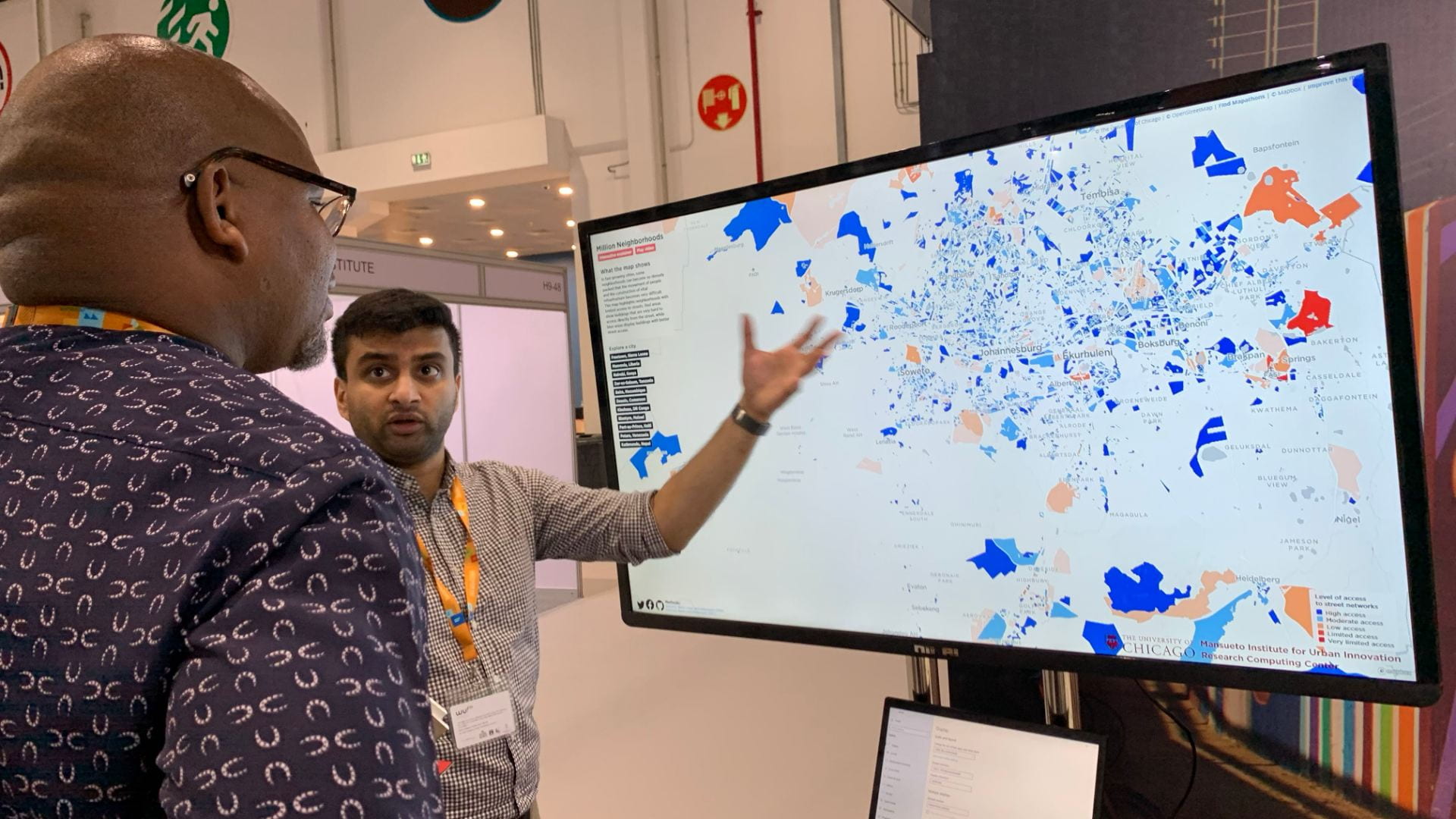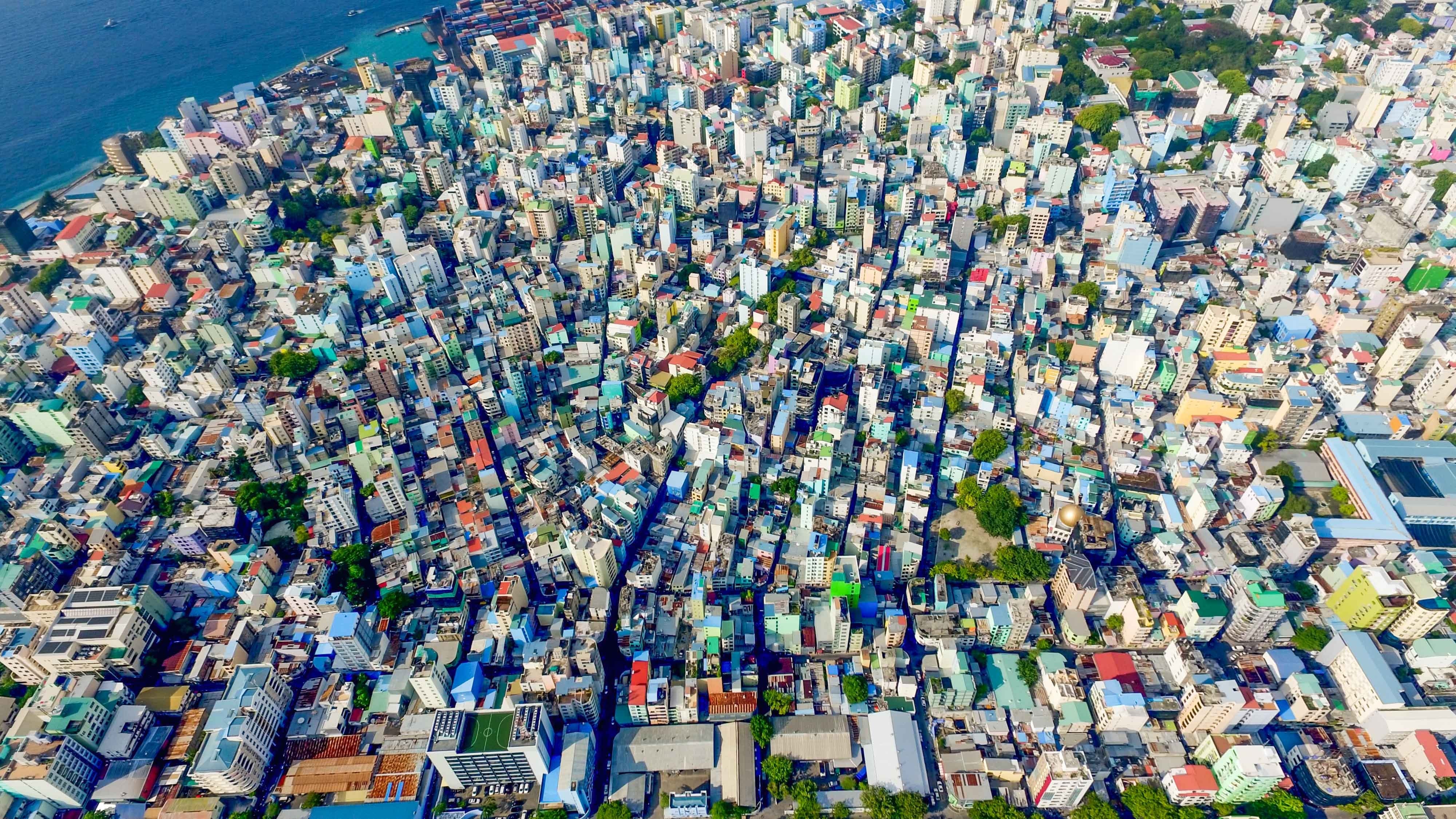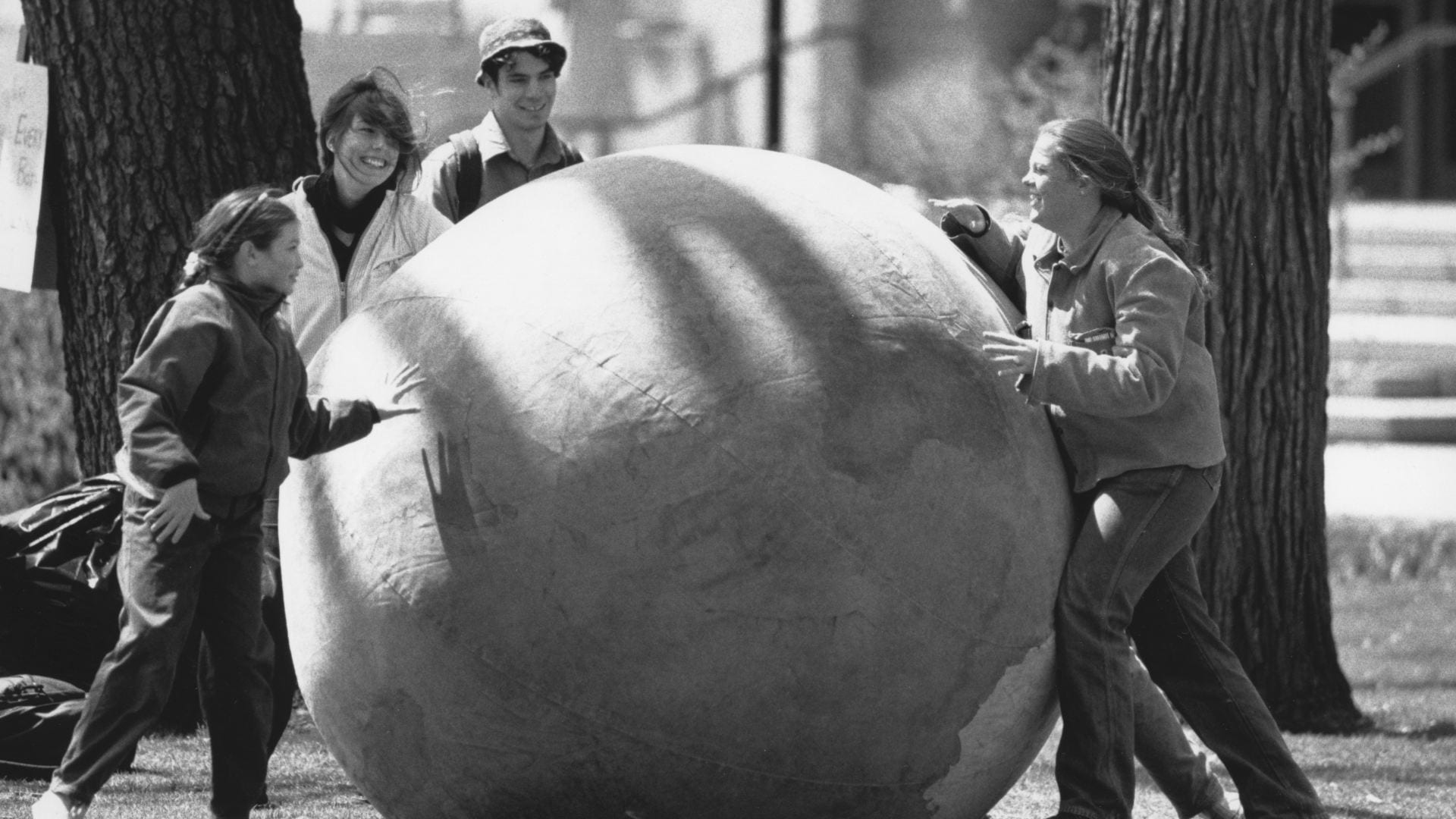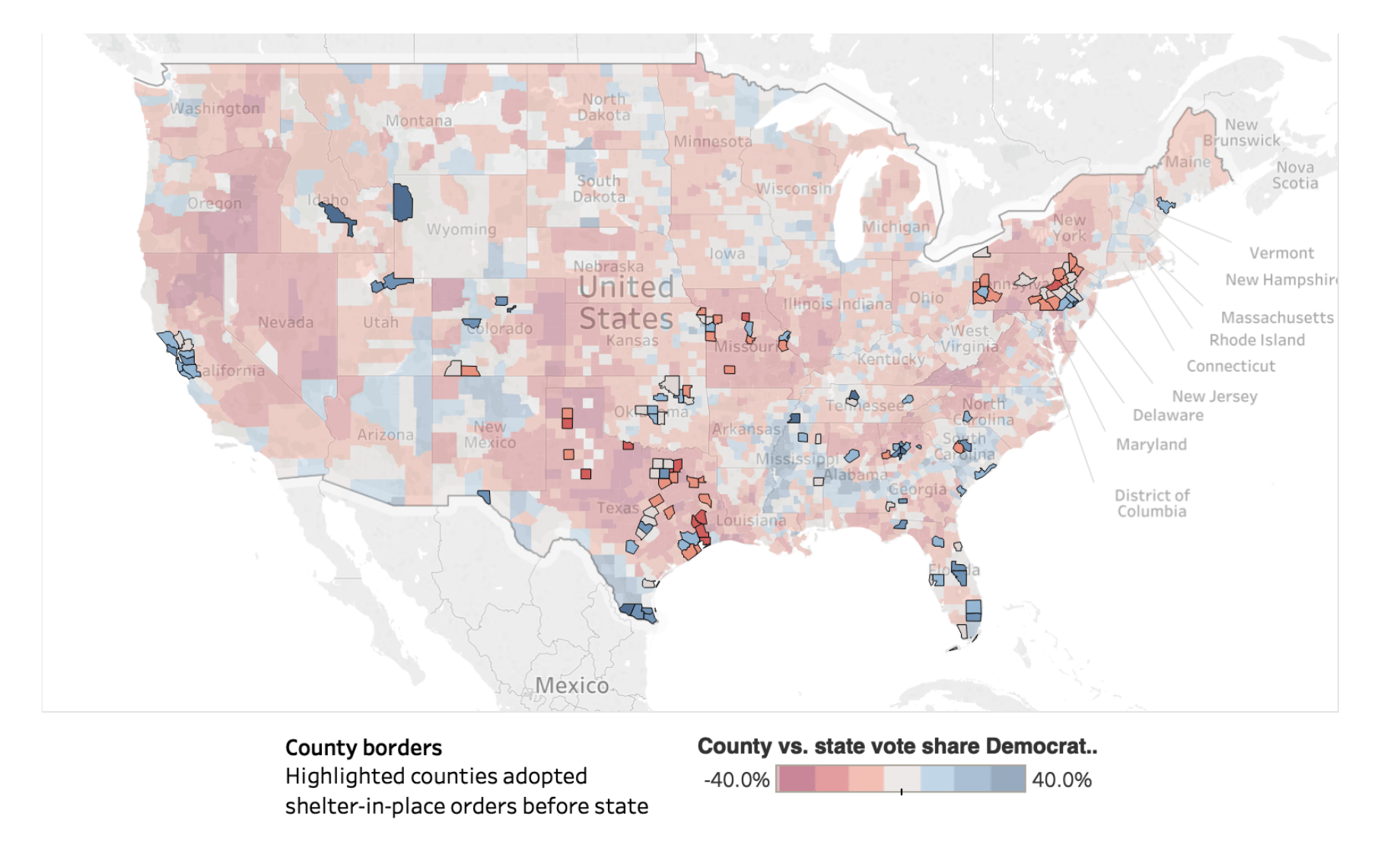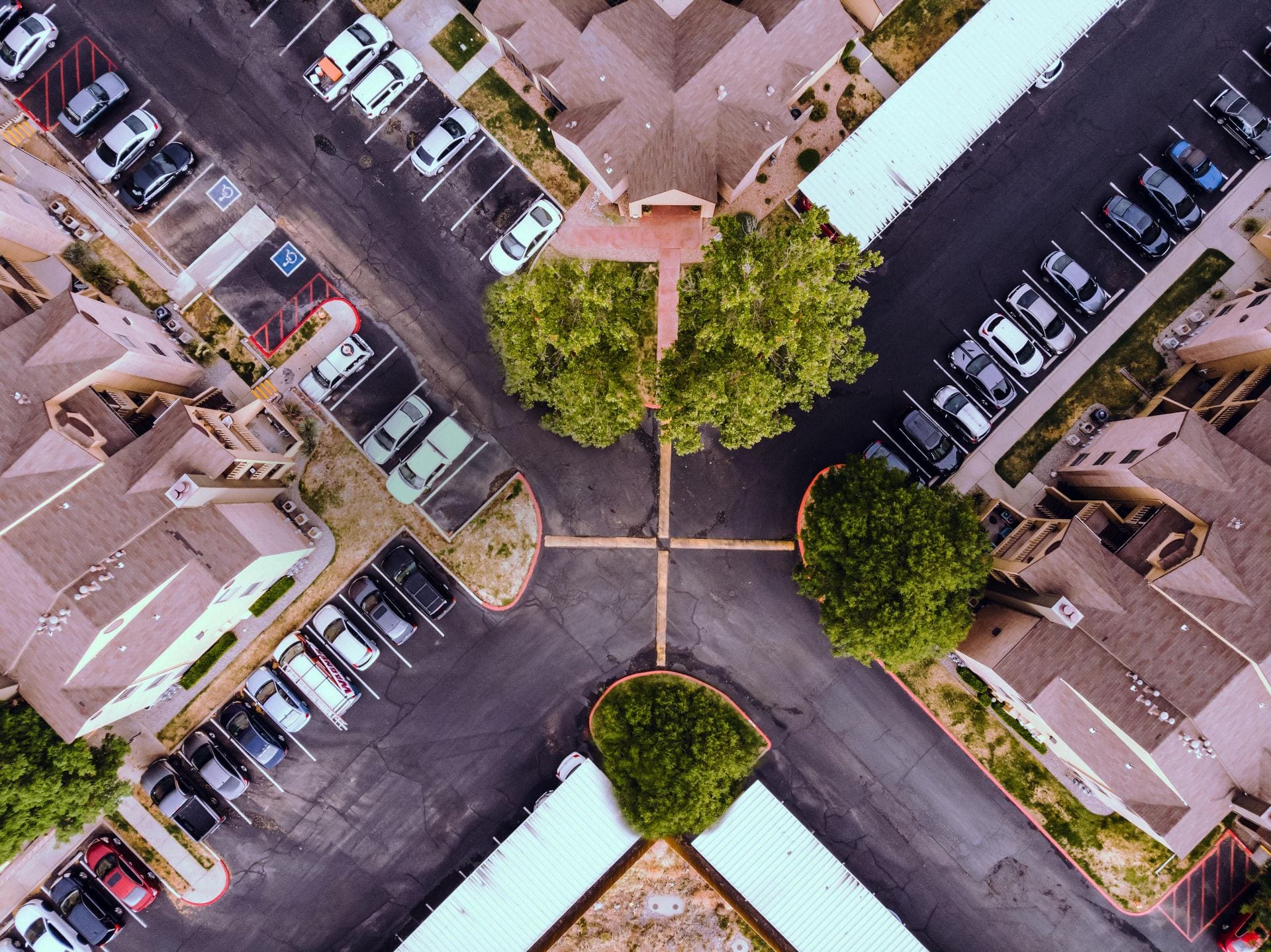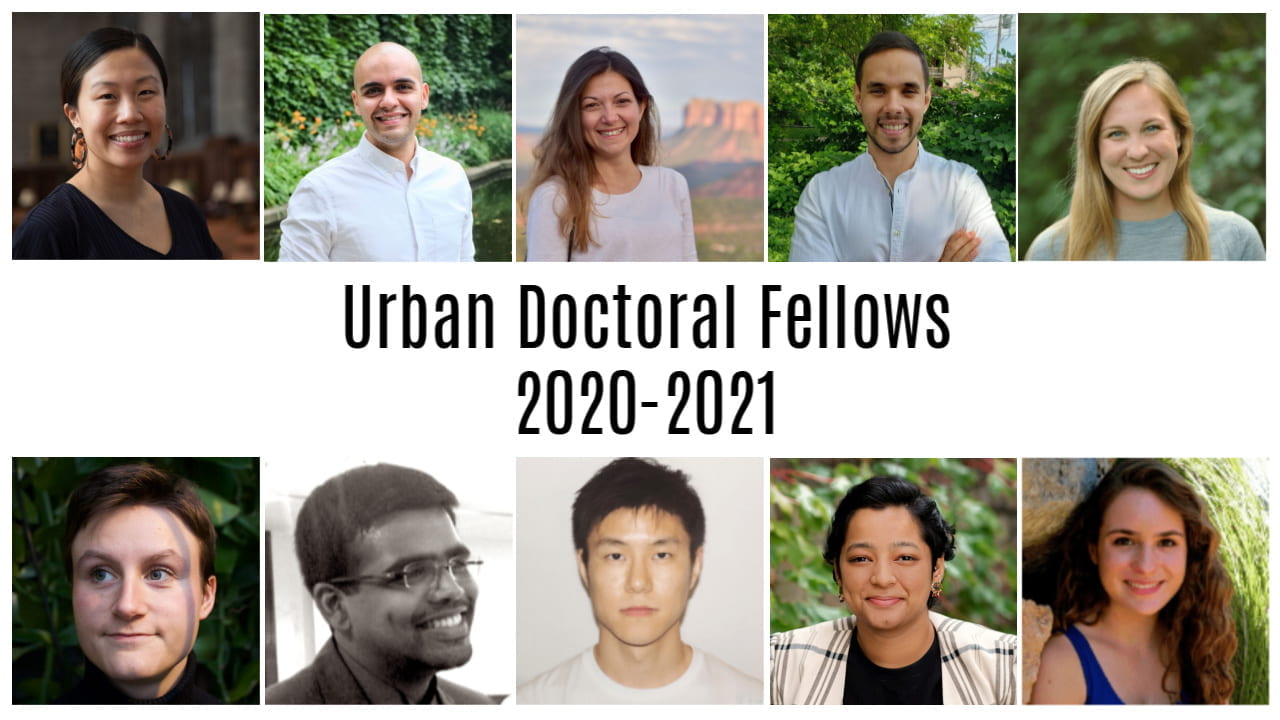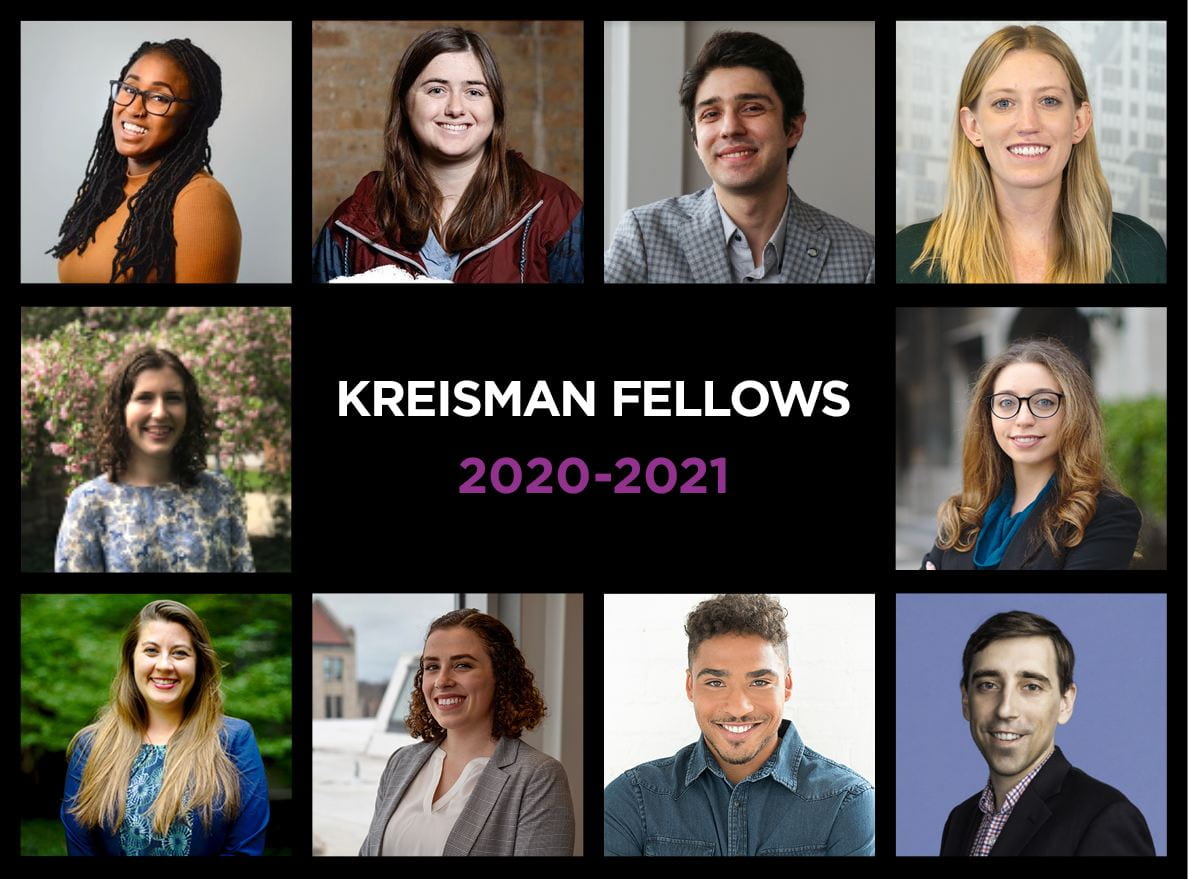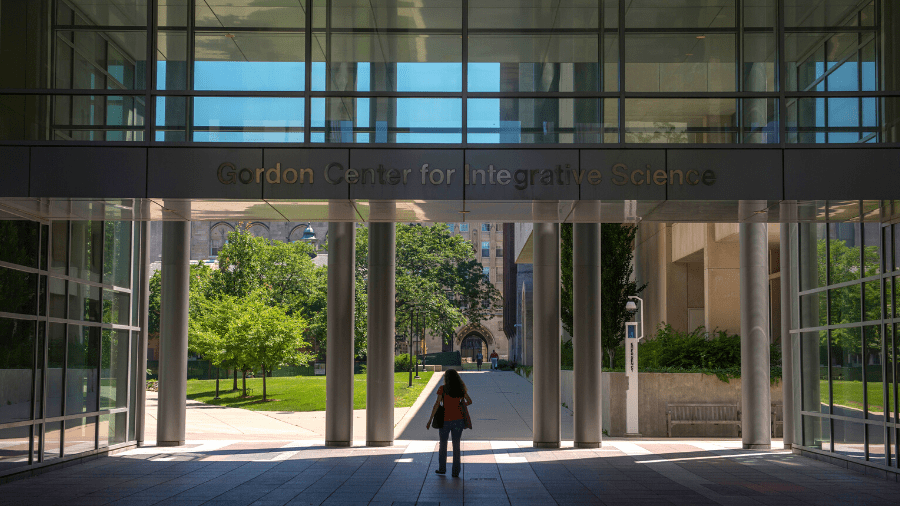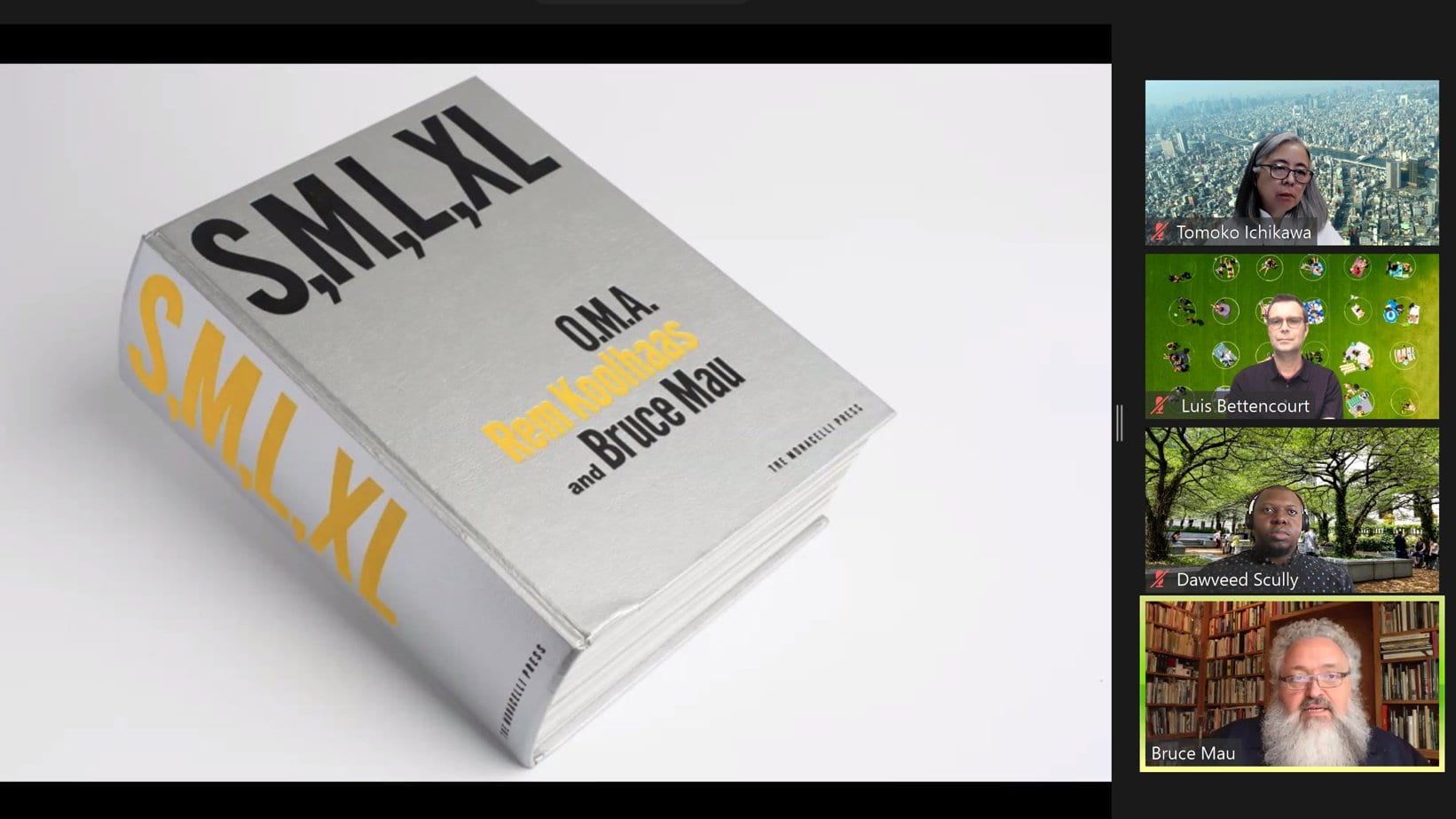2020 Year in Review: Looking Back and Always Forward
We hope that all of you—colleagues, students and friends—are doing well in these turbulent times.
The year 2020 will be remembered as a time when our societies were severely tested, not only in terms of health response to the pandemic, but especially our collective thinking and action on issues of equity and justice. Cities around the world have taken the brunt of this crisis and are starting to emerge, in different ways in different places, transformed to face new challenges ahead. How we rebuild in the years ahead will set the course of sustainable development for decades.
At the Mansueto Institute for Urban Innovation, we have dedicated ourselves this year to both act and reflect on these issues. The many connections revealed by the pandemic critically emphasize the importance of our interdisciplinary and systemic approach to urban scholarship, and a holistic lens to better understand the human condition and our relationship to the environment.
The two main areas of activity at the Institute—to create pathways for education and training in urban scholarship and practice, and to support the field through a network of collaborations locally and around the world—continued to guide all our programs.
Marking its third full year, the Institute significantly expanded education and training for students who were eager to tackle issues facing a rapidly changing and urbanizing world and explore new frameworks. We were proud to launch the first-ever Graduate Certificate in Urban Science and Sustainable Development at the University of Chicago, recognizing rigorous work in the important and growing field of Sustainable Urban Development.
In addition, we expanded urban education and research opportunities for students at the undergraduate level, particularly through the Environmental Frontiers initiative, which this summer welcomed its first cohort of student Research Assistants. Initial projects produced professional-quality analyses of buildings’ energy use and supported actionable recommendations to improve campus sustainability.
We also introduced new urban data workshops and the Urban Research Corps, a data science research incubator to produce insights about the fundamental processes driving urban change and develop innovative tools to help build more sustainable, equitable, and connected cities, which we will continue to mature in 2021.
We renovated and are in the process of moving to a new office location at 1155 E. 60th Street, a space that we eagerly look forward to returning to in 2021, and unveiled a new visual identity for the Institute by working with acclaimed urbanist and designer Bruce Mau.
In the spirit of ringing in a new year of progress and possibilities, here’s a countdown of additional accomplishments and activities over the past year:
- More than 200 urbanists attended our global reception and related events at the 10th session of the World Urban Forum in Abu Dhabi, the world’s premier conference on cities
- We held 16 major virtual events, including a 50th Anniversary Earth Day celebration and a panel on “Food in Focus: Global Hunger and the COVID-19 Pandemic”
- 14 Master’s and PhD students joined the inaugural cohort of the Certificate in Urban Science and Sustainable Development
- We published 13 new seminal papers in our Working Paper Series
- 12 Faculty members joined our Advisory Council from across the social sciences, natural sciences and humanities to deepen synergies and the Institute’s interdisciplinary outlook
- 10 leading urban scientists presented as part of our Lunch Colloquium Series, sharing their cutting-edge findings with our growing research community
- 10 Urban Doctoral Fellows began a yearlong writing and professionalization experience to further their research on urban issues
- 10 Kreisman Graduate Fellows were named this year as part of our third class of emerging leaders in housing scholarship and practice
- 9 EFCampus Undergraduate Research Assistants researched energy and water use at the University, using campus data to understand a path to a more sustainable future
- 3 new Institute Postdoctoral Fellows joined our ranks, among the brightest minds in the scientific study of cities across archaeology, sociology, data science and other disciplines
- 3 signature Urban October events focused on cities and urbanization were hosted in partnership with the United Nations and the UChicago Urban Network, including one on Design and the Post-Pandemic City
- We launched a new study of human development across scales, constructing a neighborhood Human Development Index and comparing urban quality of life with COVID-19 rates at the local level in Chicago and NYC
These achievements would not be possible without a rich and extensive set of partnerships in research, policy, civic life and technology here at the University of Chicago and all around the world. We are grateful to all our partners for your continued support, enthusiasm, and input, particularly as we work to make the Institute a more diverse, equitable and inclusive space.
We hope you will join us in the critical year ahead. There are many reasons to be hopeful that the worst of the pandemic will soon be over, and that the cleavages in our societies can be addressed starting in 2021.
Paraphrasing Jane Jacobs, there is every reason to believe that the challenges ahead will be more intricate, comprehensive, diversified and larger than today’s. Embracing complexity, science and imagination tied to the real human experience in cities—even in adversity—will continue to be key.
Luis Bettencourt
Inaugural Director, Mansueto Institute for Urban Innovation
Professor of Ecology & Evolution and the College
Associate Faculty, Department of Sociology
University of Chicago

